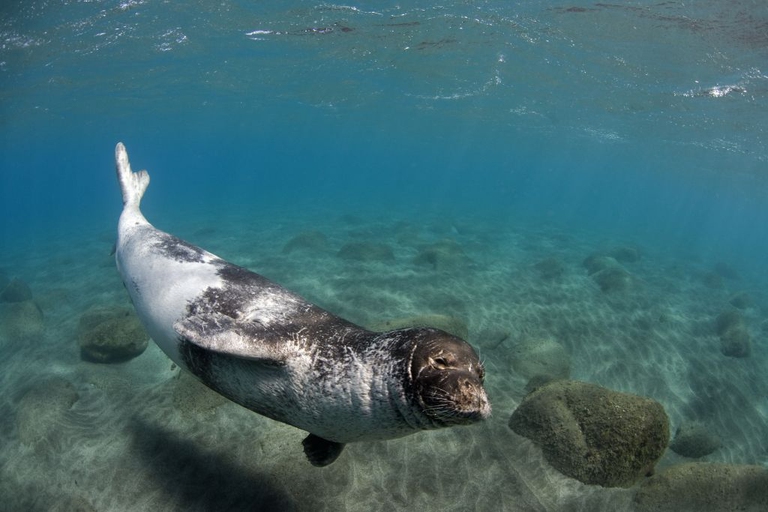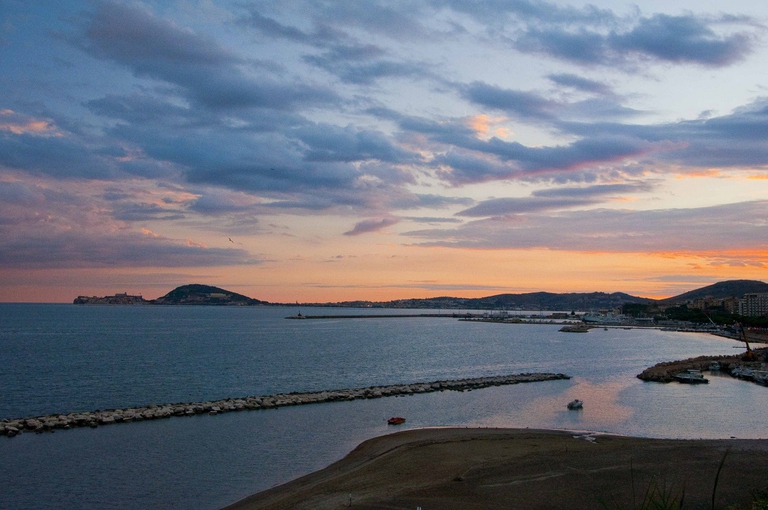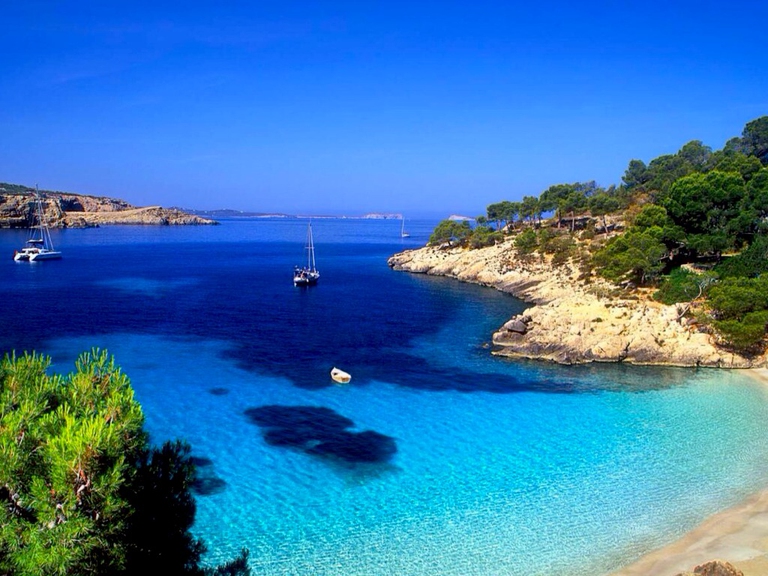
Great white shark numbers in the Mediterranean Sea have declined rapidly, a new study highlights. The predator’s disappearance would have a significant impact on the entire ecosystem.
L’ultimo avvistamento del raro pinnipede, l’unico presente nel Mediterraneo, sarebbe avvenuto in Campania, nel Golfo di Gaeta.
The Mediterranean monk seal (Monachus monachus Hermann), named after the colour of its coat that reminds nuns’ tunics, is a rare, endangered mammal. This animal could once be observed off the Mediterranean coasts, but only 500 individuals now survive in the wild.
The species is mainly threatened by habitat loss and human-related activities along the coasts. Pollution, by-catch, and the lack of genetic diversity leading to high mortality rates among cubs have also contributed to its decline. Besides, monk seals’ social and curious nature makes them an easy prey for poachers.
A Mediterranean monk seal has been observed by Vincenzo Sibillo on 9 July 2016. The man was on board a small boat 500 metres off the coasts of Cuma, in the Gulf of Gaeta, Italy. He informed Greenreport and the non-profit organisation Gruppo Foca Monaca, which monitors the monk seal’s presence in the Mediterranean Sea. According to Emanuele Coppola, one of the major experts on this animal, “it is probably a Mediterranean monk seal”.
“According to the description provided, the animal could be a young individual, probably under the age of 2,” said the environmental association. The sighting of a monk seal represents a great news and confirms the positive trend of the species, in the hope that admiring a Mediterranean monk seal will be no longer an extraordinary fact.
Siamo anche su WhatsApp. Segui il canale ufficiale LifeGate per restare aggiornata, aggiornato sulle ultime notizie e sulle nostre attività.
![]()
Quest'opera è distribuita con Licenza Creative Commons Attribuzione - Non commerciale - Non opere derivate 4.0 Internazionale.
Great white shark numbers in the Mediterranean Sea have declined rapidly, a new study highlights. The predator’s disappearance would have a significant impact on the entire ecosystem.
130 chilometri di reti illegali tolti dal mare. L’ultima campagna di Sea Shepherd nel Mediterraneo è stata un successo, in nome del capodoglio Siso ucciso dalla pesca illegale e dalla plastica. L’editoriale del presidente di Sea Shepherd Italia.
“Blow at 2 o’clock!”, shouts a member of the research team onboard the motorsailer Pelagos. For five endless minutes everyone has been scanning the sea in a state of alert silence, looking for a white puff to indicate the blow of a male sperm whale coming to the surface to breathe and rest. The researchers
Our species took its first steps in a world covered in trees. Today, forests offer us sustenance, shelter, and clean the air that we breathe.
Poachers in Africa are encroaching on wildlife land and killing rhinos in travel hot spots now devoid of visitors due to the coronavirus pandemic.
Actor and environmental activist Leonardo DiCaprio has contributed two million dollars to a fund to protect Virunga National Park in Congo from threats such as terrorism, the coronavirus and poaching.
For the first time in seventeen years, Iceland’s two main whaling companies won’t resume whale hunting. The announcement concerns this year’s season but could carry into the future.
Yet another boat tragedy occurred in the Mediterranean Sea, off the coasts of Egypt. Four boats carrying migrants capsized during their attempt of reaching Italy’s coasts. The first European news agency to spread the news was the Daily Mail, UK newspaper who quoted BBC Arabic. LE #FOTO ANSA Il tragico salvataggio dei migranti https://t.co/FRtH6NgjD2
On 22th April the NGO Amnesty International staged a demonstration, a flashmob on Brighton’s beach, UK. The humanitarian organisation scattered two hundred body bags on the shores to highlight the UK’s little response to the plight of migrants in the Mediterranean Sea. Then volunteers zipped themselves into the body bags to make their protest more disquieting.










